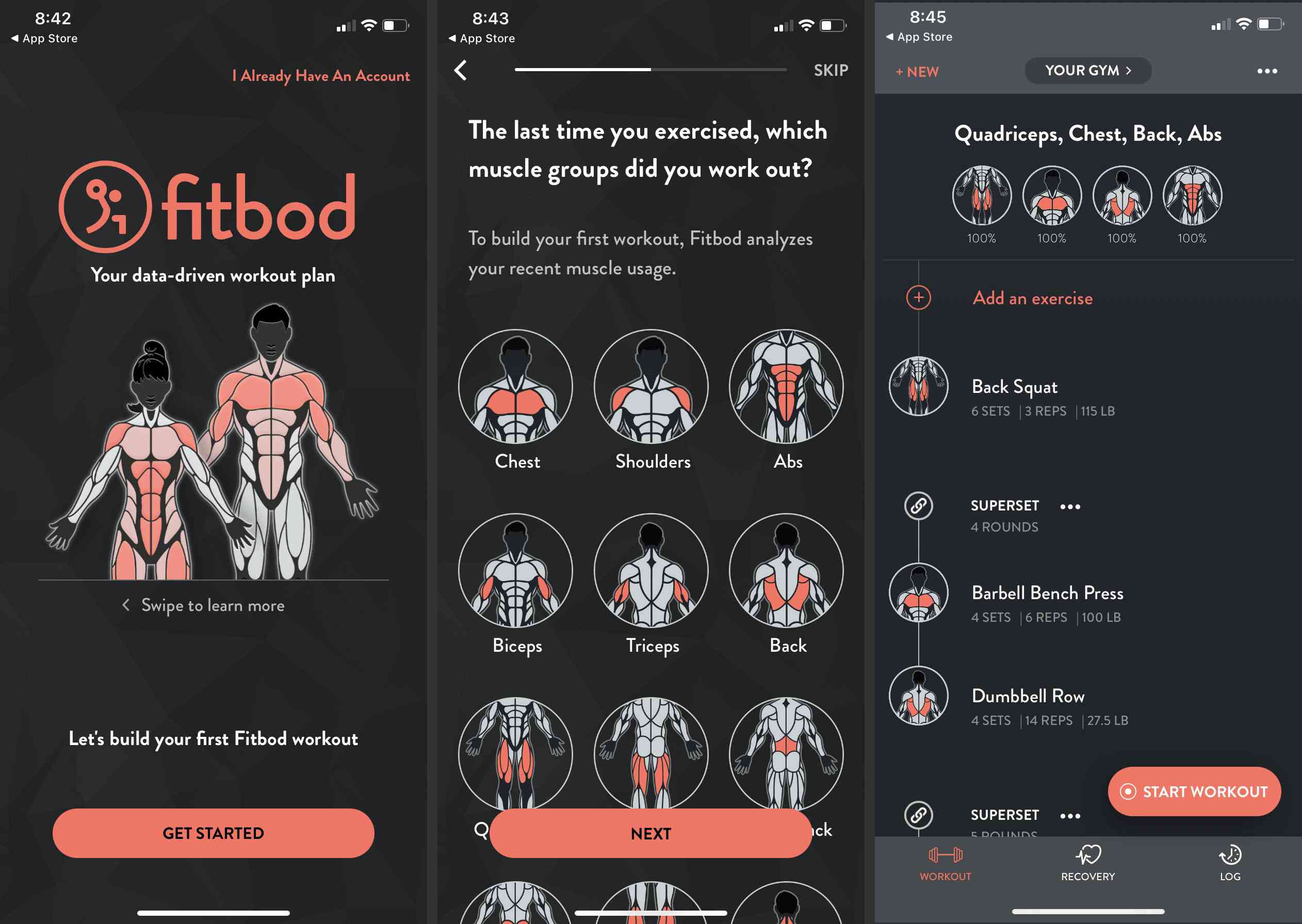Introduction
For healthcare professionals aiming to work in the United Arab Emirates in 2026, understanding the difference between DHA, DOH, and MOH licenses is essential. Each of these medical licenses applies to a specific region within the UAE, and each has distinct eligibility criteria, exams, and verification processes.
The UAE has one of the fastest-growing healthcare sectors in the world, offering opportunities for doctors, nurses, pharmacists, and allied health professionals. However, to legally practise, every professional must obtain a licence from the correct health authority DHA, DOH, or MOH depending on where they plan to work.
What Is the DHA License in Dubai?
The DHA license in Dubai is issued by the Dubai Health Authority (DHA) and is mandatory for healthcare professionals who want to work in Dubai’s hospitals, clinics, and healthcare centres.
1. Who Needs a DHA License?
You must apply for a DHA license in Dubai if you are a:
- Doctor (GP, Specialist, or Consultant)
- Nurse or Midwife
- Dentist or Dental Specialist
- Pharmacist
- Allied Health Professional
2. DHA License Requirements 2026
- Recognised qualification from an accredited institution.
- Minimum two years of post-qualification experience.
- Valid licence or registration from your home country.
- Good Standing Certificate (issued within six months).
- Successful DataFlow (Primary Source Verification).
- Passing the DHA assessment exam (Prometric-based).
- Offer letter from a DHA-approved healthcare facility.
The DHA license ensures your professional credentials meet Dubai’s healthcare standards, allowing you to practise legally in 2026.
What Is the DOH License in Abu Dhabi?
The DOH license in Abu Dhabi, previously known as the HAAD license, is issued by the Department of Health Abu Dhabi (DOH). This license is mandatory for anyone working in Abu Dhabi or Al Ain.
1. Who Needs a DOH License?
If you are planning to work in the Emirate of Abu Dhabi, you must obtain a DOH license. This includes all categories doctors, nurses, pharmacists, and technicians.
2. DOH License Requirements 2026
- Recognised medical or health sciences qualification.
- Minimum three to five years of relevant experience.
- Valid home-country registration or licence.
- Good Standing Certificate from the last medical council or authority.
- DataFlow (PSV) verification of education and experience.
- Successful completion of the DOH/HAAD assessment exam.
- Employment offer from a DOH-accredited healthcare provider.
The DOH license in Abu Dhabi guarantees that medical professionals meet the Emirate’s high standards for safety, ethics, and clinical expertise.
What Are the MOH License Requirements in the UAE?
The MOH license is issued by the Ministry of Health and Prevention (MOHAP) and applies to healthcare professionals working in the Northern Emirates Sharjah, Ajman, Fujairah, Ras Al Khaimah, and Umm Al Quwain.
1. Who Needs an MOH License?
If you plan to work in any Emirate other than Dubai or Abu Dhabi, you will need to meet the MOH license requirements.
2. MOH License Requirements 2026
- Recognised medical or healthcare degree.
- Minimum of two years of relevant experience.
- Active home-country registration.
- Good Standing Certificate issued within six months.
- DataFlow verification for all credentials.
- Successful completion of the MOH Prometric exam.
- Job offer from an MOHAP-approved healthcare facility.
The MOH license allows healthcare professionals to practise in all Northern Emirates and is ideal for those seeking opportunities in the UAE’s expanding regional healthcare network.
Key Differences Between DHA, DOH, and MOH Licenses in the UAE
While all three licences serve the same purpose to regulate healthcare professionals the differences lie mainly in the region, exam, and licensing authority.
Here’s a simple breakdown of their distinctions:
- DHA License (Dubai): Required for practising in Dubai; regulated by the Dubai Health Authority.
- DOH License (Abu Dhabi): Required for Abu Dhabi and Al Ain; regulated by the Department of Health Abu Dhabi.
- MOH License (Northern Emirates): Required for Sharjah, Ajman, Fujairah, Ras Al Khaimah, and Umm Al Quwain; regulated by the Ministry of Health & Prevention (MOHAP).
- Exam Type: DHA Prometric, DOH (HAAD) Exam, and MOH Prometric.
- Experience: DHA and MOH require at least two years, DOH typically requires three to five.
- Transferability: Licenses can be transferred between authorities, but only after evaluation and approval.
Understanding these differences helps you determine which authority you should apply to based on your preferred Emirate in 2026.
How Dr Expat Helps You With Your Licensing Process
Applying for a UAE medical licence can be complex but Dr Expat simplifies the entire process. With years of expertise in UAE healthcare licensing, Dr Expat assists with:
- Determining the right licence (DHA, DOH, or MOH).
- Document verification and DataFlow processing.
- Exam registration and guidance.
- Application submission and follow-up with the authorities.
Whether you’re applying for a DHA license in Dubai, a DOH license in Abu Dhabi, or meeting MOH license requirements for the Northern Emirates, Dr Expat ensures a smooth, compliant, and efficient process from start to finish.
Final Thoughts
In 2026, obtaining the correct medical licence is a key step for any healthcare professional looking to advance their career in the UAE.
- Choose DHA for Dubai.
- Choose DOH for Abu Dhabi or Al Ain.
- Choose MOH for the Northern Emirates.
Each licence plays a vital role in maintaining high healthcare standards across the UAE. With expert guidance from Dr Expat, you can easily navigate documentation, verification, and licensing to begin your professional journey in the UAE healthcare system.










